Workshops
Workshops provide a more interactive, hands-on space for participants to learn how to use new and relevant development tools and strategies. This year, the IDC is proud to present 4 dynamic workshop options, described below. Please note: workshops will run in parallel to a Case Competition presented in partnership with Carnegie Mellon University.
Workshop #1: Humanitarian Aid Workshop: Responding to a Complex Humanitarian Crisis in a Development Context (max 24 participants)
Description
At 7 PM May 24th 2014, Cyclone Tetris hits the small nation of Gromatia. 140,000 people are killed and 70,000 people are missing. In a simulated emergency meeting between national authorities and international actors, we will explore some of the challenges of responding to a sudden, large scale emergency in a complex development context. Up to 9 teams will be around the negotiating table, seeking to gain influence for their particular points of view.
What do we do to help? How do we meet the challenges of competing interests, scarcity of human and material resources? How do we deliver assistance in a region where both the national government and resistance armies govern territory, in an active conflict zone? The simulation will be led by Dr. Parveen Parmar, from the Harvard Humanitarian Initiative.
 |
Dr. Parveen Parmar | Workshop FacilitatorDr. Parveen Parmar is the Associate Director of the Brigham and Women’s Hospital International Emergency Medicine Fellowship and holds a Masters in Public Health from the Harvard School of Public Health. She has conducted worked on health, human rights, and humanitarian issues in Liberia, Ethiopia, Bhutan, India, Cameroon, Burma, and Thailand, and served as health coordinator for flood response in Pakistan in 2010. She is a graduate of Stanford University, received her medical degree from Northwestern University, and completed her emergency medicine residency and served as chief resident at the University of California, Los Angeles / Olive View UCLA Emergency Medicine Residency Program. Dr. Parmar co-authored PHR’s report Life Under the Junta: Evidence of Crimes Against Humanity in Burma’s Chin State (http://physiciansforhumanrights.org/library/reports/burma-chin-report-2011.html). She has also worked with Physicians for Human Rights on human rights issues faced by Burmese Rohingya refugees in Bangladesh. (http://physiciansforhumanrights.org/library/reports/rohingya-in-bangladesh-2010.html). |
Workshop #2: The Changing Role of Non-Profits in Addressing Development Challenges (max 26 participants)
On 24th November 2012 there was a fire outbreak at the Tazreen Fashions factory in Bangladesh, which killed 112 employees. This case study will explore the roles of International NGOs (INGOs), Local NGOs, Social Enterprises and Social Movements in addressing the development challenges inherent in the global garment industry. Participants will work in advisory groups to consider causes and develop response recommendations. The Director of the Hauser Center for Non-Profit Organizations will lead the interactive analysis of the complementary and conflicting roles that different types of organizations can play in addressing development challenges.
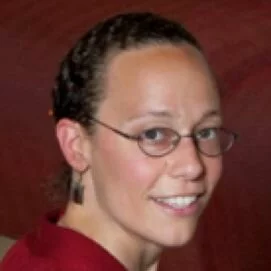 |
Aviva Luz Argote | Workshop FacilitatorAviva Luz Argote serves as Executive Director of the Hauser Center for Nonprofit Organizations at Harvard University. In this capacity, she oversees project development, manages staff, and teams with faculty to design and teach cutting edge curriculum. Aviva’s professional path has included work in civic education, leadership development, financial administration, and local food systems. Her previous experience includes work with the Coro New York Leadership Center, the Rand Corporation, Los Angeles County Supervisor Gloria Molina, the Harvard University budget office, and the Community for Education Foundation. A native of New York City, Aviva holds an MPA from the Harvard Kennedy School and a BA from Pomona College. |
Workshop #3: Big Data for Development: Harnessing the power of real-time information for a 21st-century approach to agile global development
Decision makers working to protect vulnerable communities are confronting a new challenge: in today’s increasingly connected world, socioeconomic crises emerge and spread around the globe almost with the speed of natural disasters. At a time when our need for policy agility has never been greater, we have found that our 20th-century tools for tracking development cannot keep up.
New initiatives to harness the power of real-time information, often dubbed “Big Data for Development,” represent a new opportunity to help protect the vulnerable through innovation. The Big Data for Development workshop explores how emerging technologies and new sources of data can allow Policymakers to stay ahead of fast-moving crises.
Workshop participants will be introduced to Big Data’s analytic methods and frameworks as applied to international development and crisis resilience, along with their application to actual cases like predicting the geospatial spread of cholera after the Haitian earthquake through SMS sentiment analysis, tracking real-time food price inflation in Indonesia with Twitter, and monitoring poverty levels in real time cell phone minutes purchasing trends in Rwanda and Kenya. Attendees will also have the opportunity to play the role of policymakers directing a big data analysis group in a developing country’s government, setting priorities and choosing analytic tools to effectively address their citizens’ most pressing challenges.
The simulation will be led by John Vrakas and Luis Capelo.
 |
John Vrakas | Workshop FacilitatorJohn Vrakas was awarded a MPA and Robert Seamans Fellowship in Technology and Public Policy from the Harvard Kennedy School, and an M.S. in laser engineering from the University of Rochester. His focus on Leadership in Technology and Innovation for Development has led to research on mobile technology development solutions and the application of network science and complex systems to macroeconomic development strategies. His recently published work includes ‘From Disintegration to 3G: how Rwandan Leadership is Driving Development through Innovation’, and ‘The Potential of Leapfrog Technology Adoption in Africa’, a strategy for poverty reduction through tech-based development, produced for the Global Impact Investment Network (GIIN). He is a co-founder of the Middle-Eastern Center for Leadership & Social Innovation based in Birzeit, Palestinian Territories. |
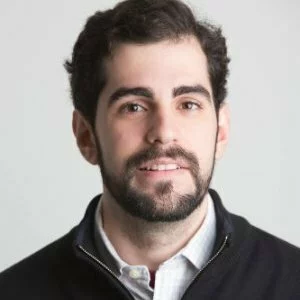 |
Luis Capelo | PanelistLuis Capelo is a Master in Public Policy candidate at the Harvard Kennedy School of Government, where he focused on policy-making on Big Data, advanced analytics and humanitarian technology. Since 2012, Luis has been actively working with the Digital Humanitarian Network, a project to create an umbrella organization that assists Volunteer and Technical Communities to have a greater impact on humanitarian response. He has also worked for the Satellite Sentinel Project at the Harvard Humanitarian Initiative and the Office for the Coordination of Humanitarian Affairs where he co-wrote (together with Natalie Chang) the Guidance Document for Collaborating with Volunteer and Technical Communities. |
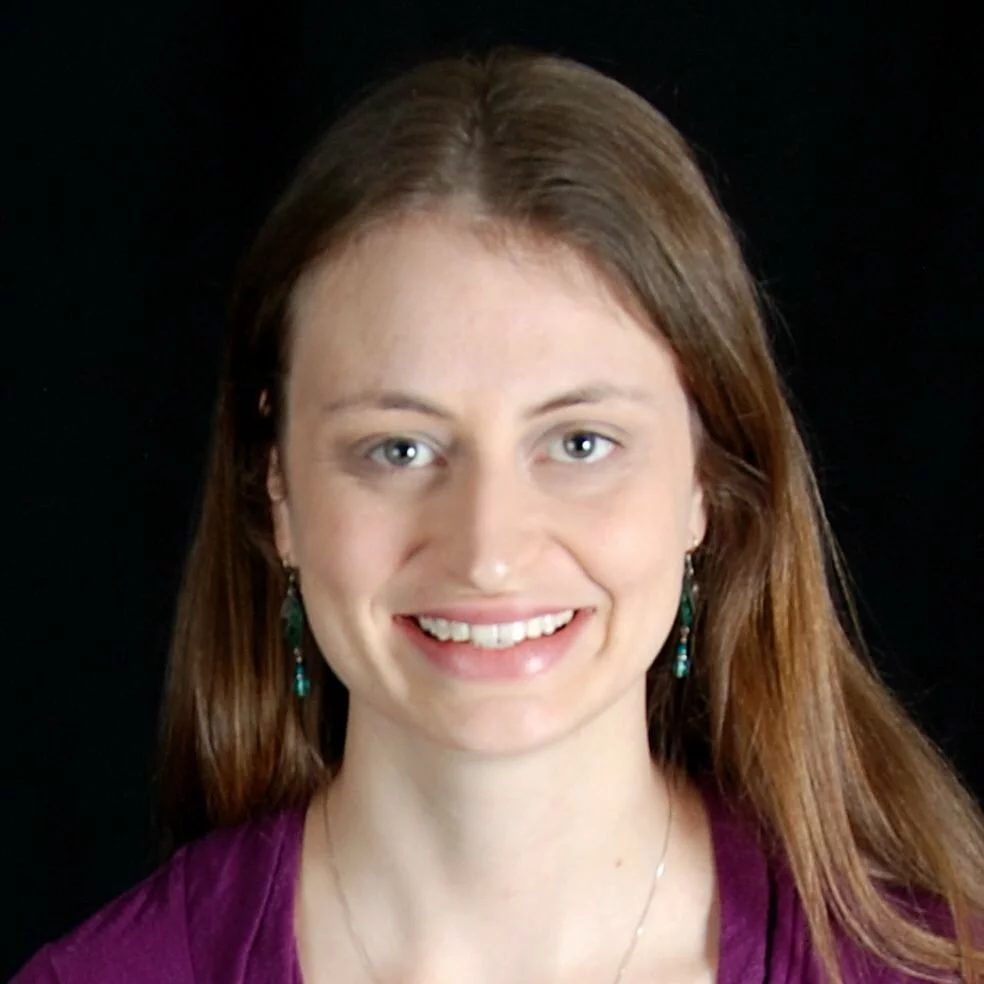 |
Leora Falk | PanelistLeora Falk is graduating from the Kennedy School MPP program in May. Her capstone project focused on best practices for journalists to use data to write solutions-oriented news stories. She spent last summer working at the State Department working on climate change adaptation projects. Prior to the Kennedy School, she worked as a journalist, writing about climate change for BNA Daily Environment Report (Now Bloomberg BNA). She has also written for The Chicago Tribune, The Jerusalem Post, and the now-defunct New York Sun. She has a B.A. from Barnard College. |
Workshop #4: The End of Development? Recommendations on the Post-2015 Agenda
The fight against extreme poverty has made great progress under the Millennium Development Goals (MDGs) since they were agreed at a UN Summit in 2000 with a target date of 2015. However, with more than one billion people continuing to live in extreme poverty, and less than 1,000 days to meet 2015 deadline, the scale and urgency of the challenge towards ending extreme poverty in all its forms remains unprecedented. The IDC offers a platform for participants to advance the post-2015 development debate ahead of the UN High-Level Meeting on MDGs in September. Engaging dynamic and engaged decision-makers, practitioners and students, the 90-minute workshop will evaluate the MDGs and address salient issues for shaping a workable and comprehensive framework of action for the post-2015 development agenda.
 |
Eric Werker | ModeratorEric Werker is Associate Professor in the Business, Government, and the International Economy Unit and a Marvin Bower Fellow at Harvard Business School. His research explores the political economy, macroeconomics, and business environments of emerging and frontier economies, particularly in Africa. |
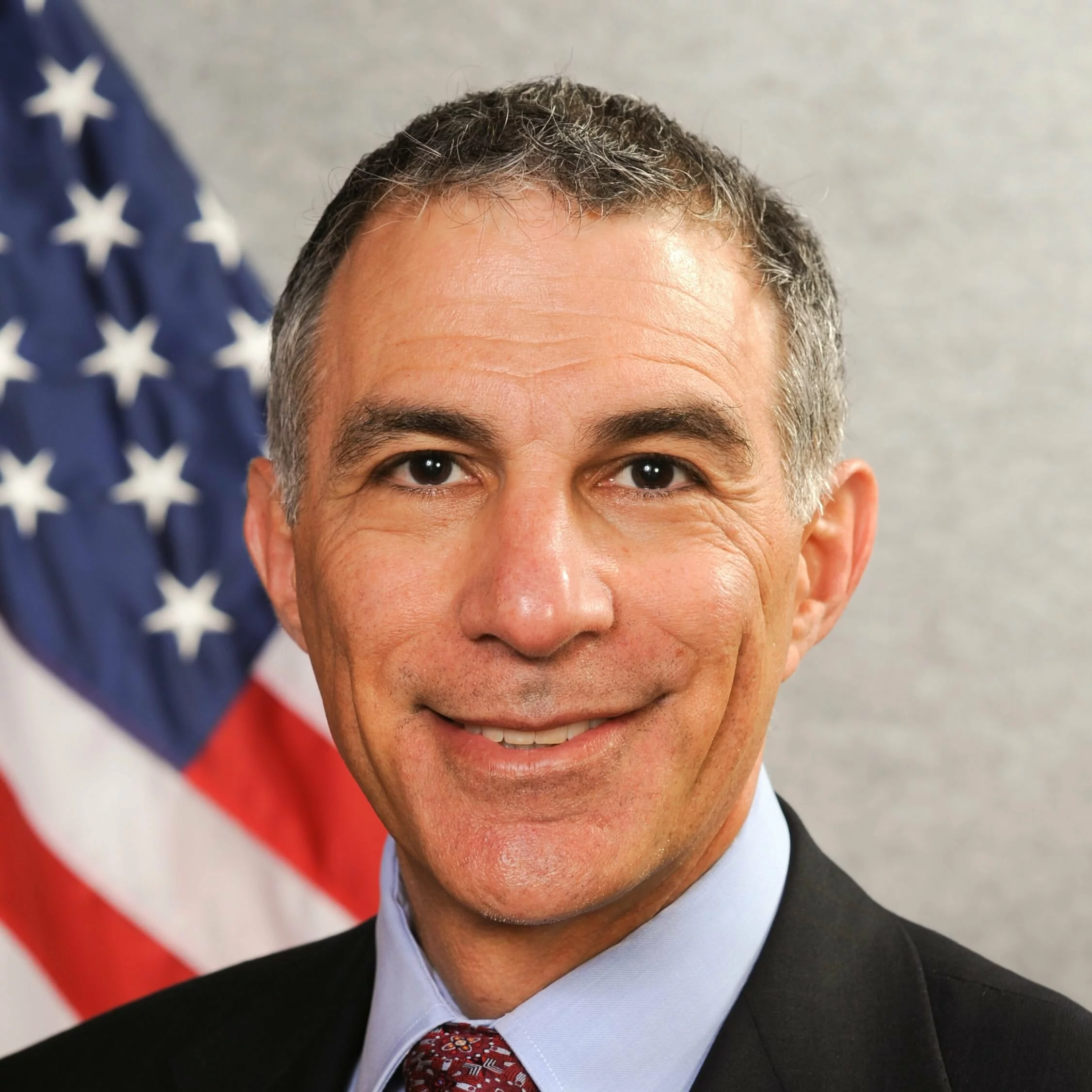 |
Steven Kaufmann | PanelistSteven M. Kaufmann is the Chief of Staff at the Millennium Challenge Corporation. As Chief of Staff, Mr. Kaufmann serves as the lead advisor to the agency’s Chief Executive Officer, providing guidance and leadership on corporate strategy, operations, and policy matters. The Chief of Staff supports the CEO’s management of the agency’s administrative and program issues and ensures that the CEO’s vision and priorities are implemented in all aspects of MCC’s operations. The Chief of Staff also supervises staff in the Office of the CEO. |
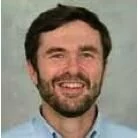 |
Steve Radelet | PanelistSteve Radelet is the Distinguished Professor in the Practice of Development at Georgetown University and former Chief Economist for USAID. He has served as Senior Adviser for Development to Secretary of State Hillary Clinton and Deputy Assistant Secretary of the Treasury for Africa, the Middle East, and Asia. |
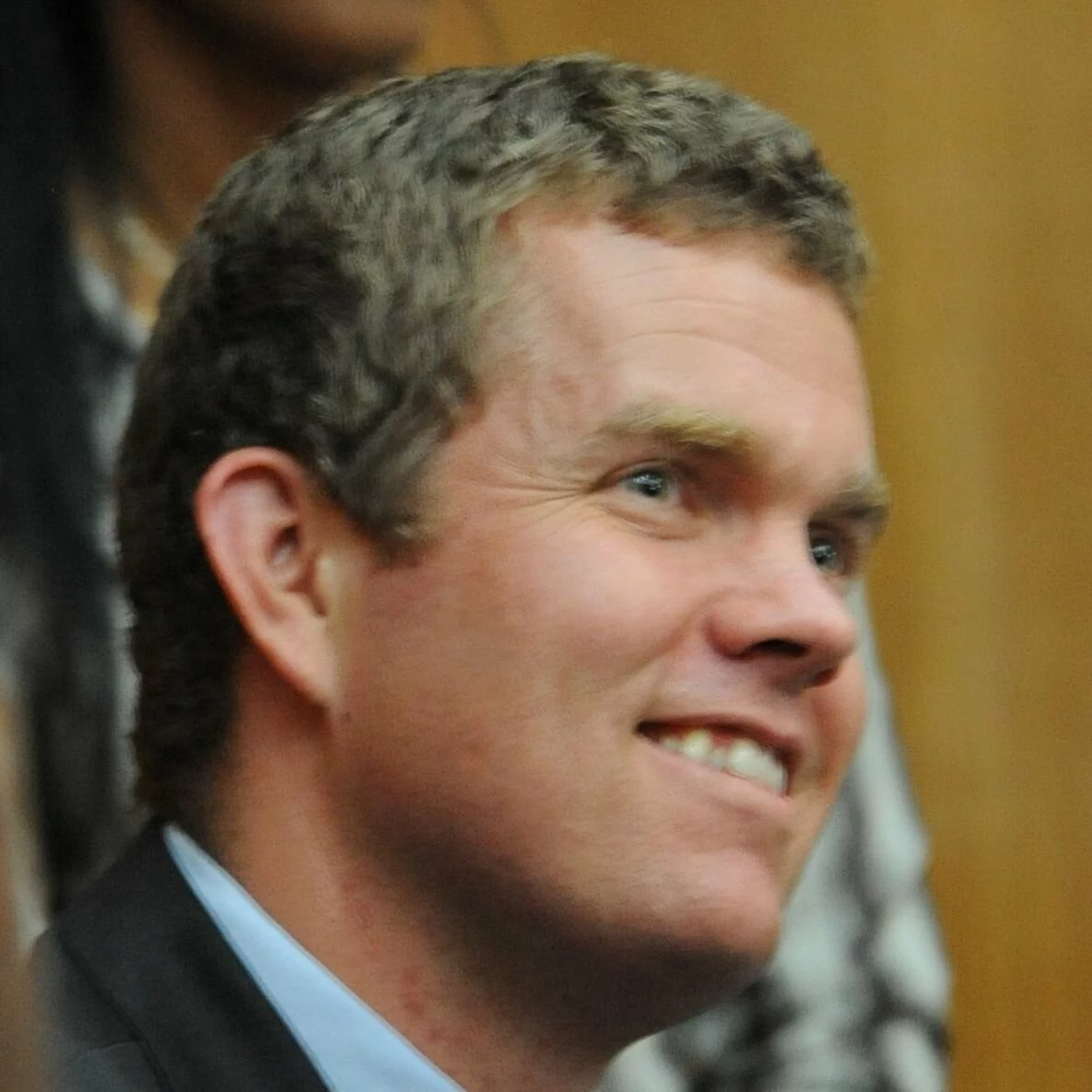 |
Andy Ratcliffe | PanelistAndy Ratcliffe is Director of Strategy and Development for the Tony Blair Africa Governance Initiative (AGI). AGI works with African leaders to build the capacity of their governments to deliver their development priorities (www.africagovernance.org). Their work focuses on the ability of the centre of government –particularly the President or Prime Minister’s Office –to manage implementation from the centre. |
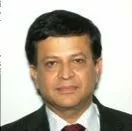 |
Nikhil Seth | PanelistNikhil Seth is currently the Director of the Division for Sustainable Development, Department of Economic and Social Affairs (DESA) and he was also Head of the Rio+20 Secretariat. As Head of the Rio+20 Secretariat, he spearheaded the preparations for the UNCSD Conference in Rio. During his career with the United Nations since 1993, Mr. Seth has served as Special Assistant and Chief of Office to the Under-Secretary-General for Economic and Social Affairs, as Secretary of the Economic and Social Council (ECOSOC) and the Second Committee of the General Assembly, and, most recently, as Director of the DESA Office for ECOSOC Support and Coordination (OESC), where he guided the ECOSOC’s work in implementing several new key mandates, including its Annual Ministerial Review and Development Cooperation Forum. |
